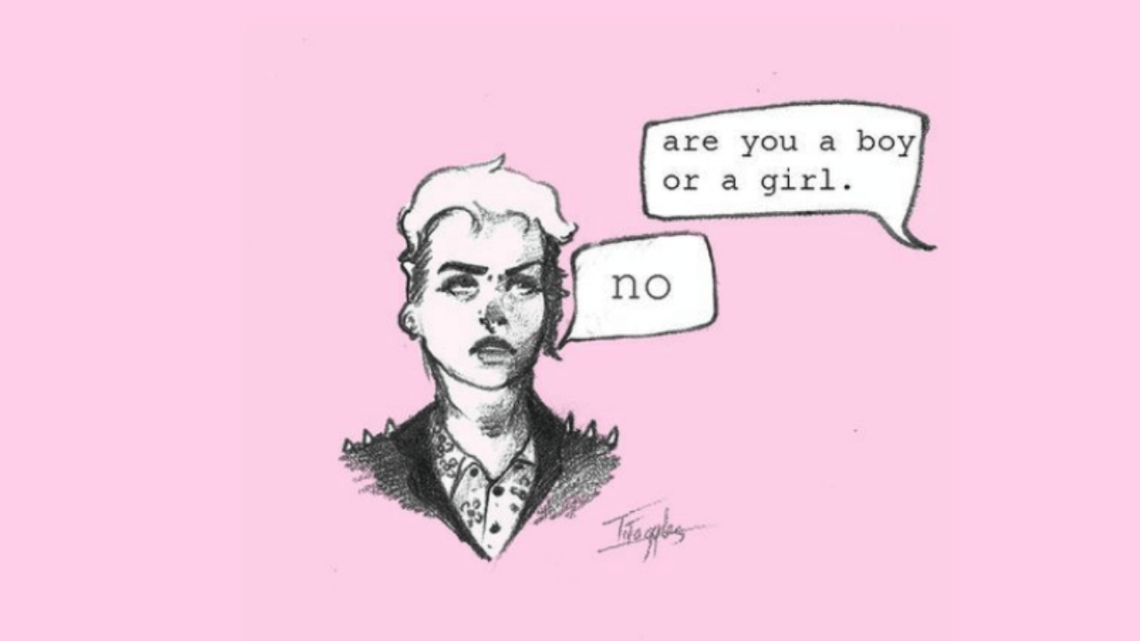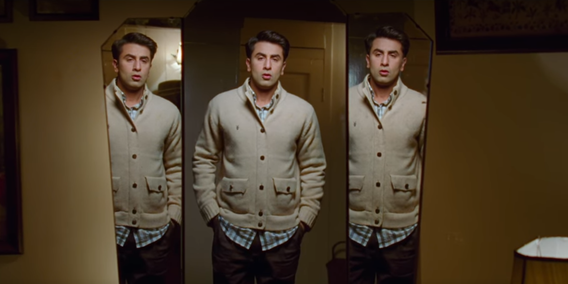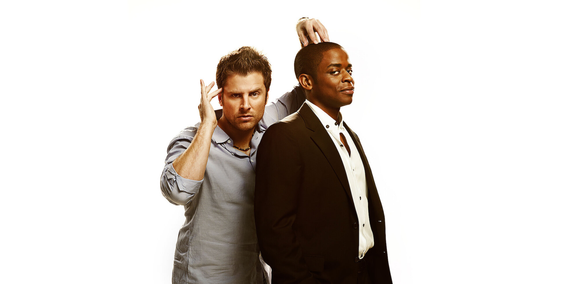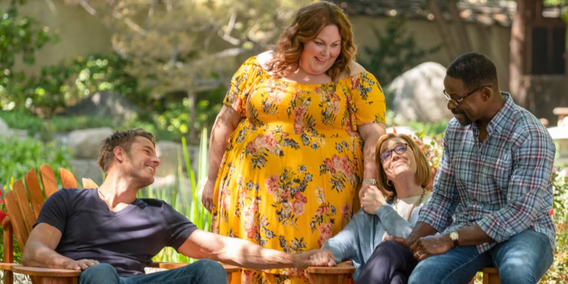“If you also put in a little effort, you’d look beautiful too!”, was a common platitude I was used to receiving from well-wishers throughout my adolescent years. They would say this looking at my comfortably loose clothes, hair cut short and tied back in the most unassuming manner, and face devoid of any grooming or accessories. What they meant by effort was to rid my body of “any hair below my eyebrows”, style my hair in a presentable fashion, exercising my body into a “fit” shape, and wearing flattering clothes and accessories. Every time my mother contorts her face in disgust at my body hair, every time my grandmother equates my cackling laughter or “boyish” gait as boorishness, and every time acquaintances scold me for getting yet another haircut – my identity experiences violence. As someone who was Assigned Female At Birth (AFAB), I have been reminded, time and again, that no matter what I do or say, there will always be something about my existence, that someone finds an issue with.
Let me give you an example. When I was in school, it would take me 15 extra minutes before leaving home for oiling and tying my hair in neat plaits. Now, to any normal person those 15 minutes probably don’t mean much. But, to my mother (who had to do the plaiting) and me (what had to wake up that much earlier everyday), it was very cumbersome. And when I cut my hair really short in 9th grade out of frustration, both my mother and I had to pacify the anger that everyone else felt entitled to express over my hair. Neighbours, teachers, bus conductors, everyone felt like they could question my decision. As I got older, school became hellish for me because the girls would have separate assemblies where we would be told to wear extra clothes under our uniform to “not distract” the boys. I would hate sitting in multiple layers and a skirt, so I ended up buying two sports uniforms and I would alternate between the two everyday. Now that I think back, the only girls who would wear the sports uniform regularly were either “tomboyish” or had sports practice every other day. Towards the end of high school, bleaching the face, hair removal, makeup, and hairstyles became a fast-spreading habit amongst the young women, but I couldn’t relate, and felt an extreme sense of unbelongingness that still creeps up on me even now. In undergrad and grad college, I was called “behenji” because I wore really loose clothes and didn’t put much effort in being attractive or presentable. My well meaning north indian grandmother still offers to “scrub me clean” to remove all the tan that’s accumulated on my skin, as if pigmentation is a disease.
I have struggled with self acceptance all my life, because the close relationships that should model what acceptance can look like has always come with conditions of adhering to the standards of femininity that society upholds through all of us. Relationships are a minefield for someone who is Queer, AFAB, and in India, because of these conditionings. Finding someone who accepts all parts of you is extremely rare, and we make compromises with ourselves to choose being half-loved instead of being rejected. Even the fear of rejecting another’s advances carry a level of threat when you’re AFAB. A cisgendered heterosexual man feels empowered when he takes to social media and openly describes how he would r*pe a woman because he didn’t like some aspect of her living her life, while the woman experiences a very real fear for her life and safety. We have multiple social institutions like family, schools, colleges, religious establishments, mainstream media, and even strangers actively maintaining and feeding into a very violent and harmful culture of hate and discrimination. And then when someone labels the caused distress as either insecurities, personal struggles, or something that is within you – it breaks you completely.
The first kindling of self acceptance caught fire when I was exposed to the internet, and subsequently, Feminism. But my happiness was short lived because I realised radical feminism has no place for someone like me, someone who doesn’t identify with the binaries of gender. While this is a reality that every AFAB person experiences to some degree, what makes it worse for me is the fact that these incidents directly invalidate my existence because it reinforces the idea that I am undesirable if not feminine. This is why Intersectionality is important. Because, the feminism that only focuses on equality between men and women, excludes non-binary genders and ignores that patriarchy can harm people of any gender and can be exacerbated by people of any gender. It’s an important definition — one that acknowledges that there are a huge number of issues at play that many don’t realise are feminist issues in the first place, and that intersectionality is absolutely key.
It took me 23 years to be able to understand my identity wholly, and finally cultivate a community of support that is unconditional in nature. This should not have to be a personal battle that every minority/non-conforming individual fights because the roots of the problem don’t lie in our identity. They lie in the narrow definition of “acceptable” or “normal” that society perpetuates. If I don’t fit into your definition of desirable or attractive or beautiful, your definition is flawed and it’s not my responsibility to fix it.
Meet The Author:
 Unnati has an interesting knowledge of memes and Bollywood trivia. They like to express themselves through their poetry, art, and dancing. Being a queer feminist, they change their hairstyle every few months as a way of breaking out of the dichotomy of gender, and reclaiming their own body. They are equally passionate about literature and biology as they are about mental health, and try to keep acquiring new skills and information wherever they go.
Unnati has an interesting knowledge of memes and Bollywood trivia. They like to express themselves through their poetry, art, and dancing. Being a queer feminist, they change their hairstyle every few months as a way of breaking out of the dichotomy of gender, and reclaiming their own body. They are equally passionate about literature and biology as they are about mental health, and try to keep acquiring new skills and information wherever they go.







